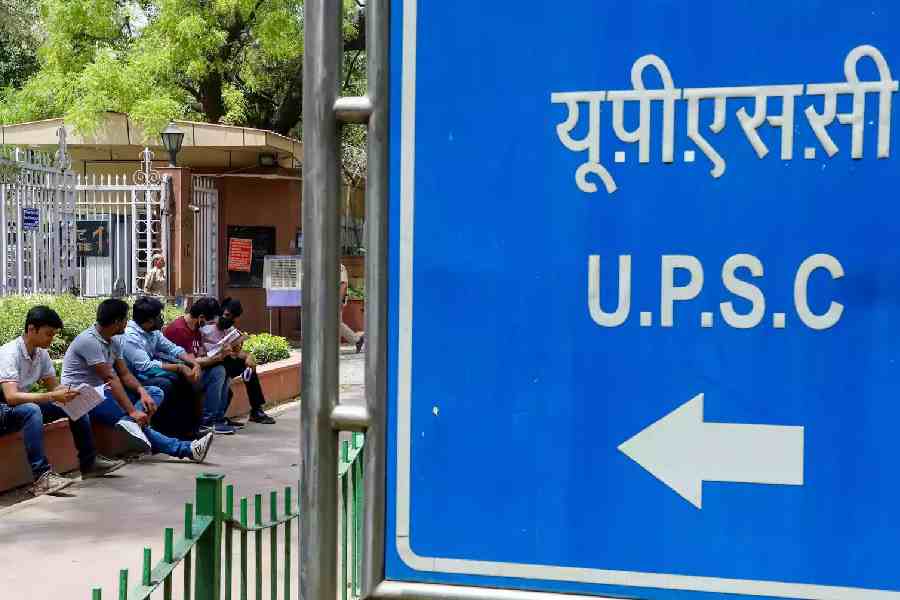‘There is no better way to exercise the imagination than the study of law’, said Ralph Waldo Emerson.
When it comes to studying law, it is not incorrect to say that it is a popular, high-paying and challenging career. Law as a profession also produces excellent leaders, creative minds and human beings passionate about a variety of social causes.
If you are interested in Law and often wonder how to become one then you are definitely at the right place!
This webinar was curated for students who aspire to pursue a career in Law. Ms Vaneeta Patnaik, Associate Professor at The West Bengal National University of Juridical Sciences, Kolkata touched upon various aspects such as types of Law, Courses, leading Institutes, Exams, Key skills, Career opportunities and more.Ms Vaneeta Patnaik described Law as 'nothing but a formalisation of a loose lot of principle that we adopt for ourselves which brings a uniformity in public'.
Classification of Law
The webinar began with Ms Patnaik classifying law into various parts. This means that referring to the subject compartments or classifying it generally which are as follows:
- Common Law and Civil Law
- Public Law and Private Law
- Criminal Law and Civil Law
- Substantive and Procedural Law
Important Skills Required To Become A Lawyer
During the webinar, Ms Patnaik put a great emphasis on having certain essential skills which include the following:
1. Analytical Reading
2. Writing Skills
3. Research Skills
4. Oral Communication & Listening Skills
Courses To Pursue To Become A Lawyer
When it came to courses, Ms Patnaik said that to begin your career as a lawyer, you must first complete a law degree course at a recognised university. There are numerous courses available to pursue, such as:
- A 5-year integrated LLB undergraduate programme like BA LLB, BBA LLB, BLS-LLB, BSc LLB, or BCom LLB. Students who have completed their board exams can apply straightaway for these degrees.
- Candidates who already hold a bachelor's degree in another field but want to go into law practice should enrol in a three-year LLB programme.
- Law schools in India also provide a one-year or two-year master's degree in law (LLM), which is followed by a doctoral degree (PhD), for those who choose to pursue a career as a legal researcher.
Entrance Examination To Pursue Law
To be accepted into the top legal institutions in India and overseas, applicants must pass a specific entrance examination. These are usually quite challenging and require some preparation. Some of these are:
- Common Law Admission Test (CLAT)
- All India Law Entrance Test (AILET)
- Symbiosis Law Aptitude Test (SLAT)
- State Law Entrance Test (SLET)
- Law School Admission Test (LSAT)
- Law National Aptitude Test (LNAT)
- Delhi University LLB Entrance Test
Career Opportunities after studying Law
Currently, there is a huge demand for lawyers. This is particularly a result of the shifting social and economic conditions as well as the government's expanding regulatory role. Here's the list of the top career opportunities for law aspirants.
- Advocate
- Government Services
- Legal Analyst
- Legal Advisor
- Private Companies
Ms Patnaik concluded the insightful webinar with a 20-minute Q&A session where she answered to many queries posed by students & aspirants who want to make it big in the field of law.
Someone pursuing a career in law can be incredibly successful and make a name for themselves. Whatever your reason for pursuing law - going at it with dedication and intent can make all the difference. Need more career insights? It's time you keep an eye out for our website as we are coming up with interesting webinars for y'all.






